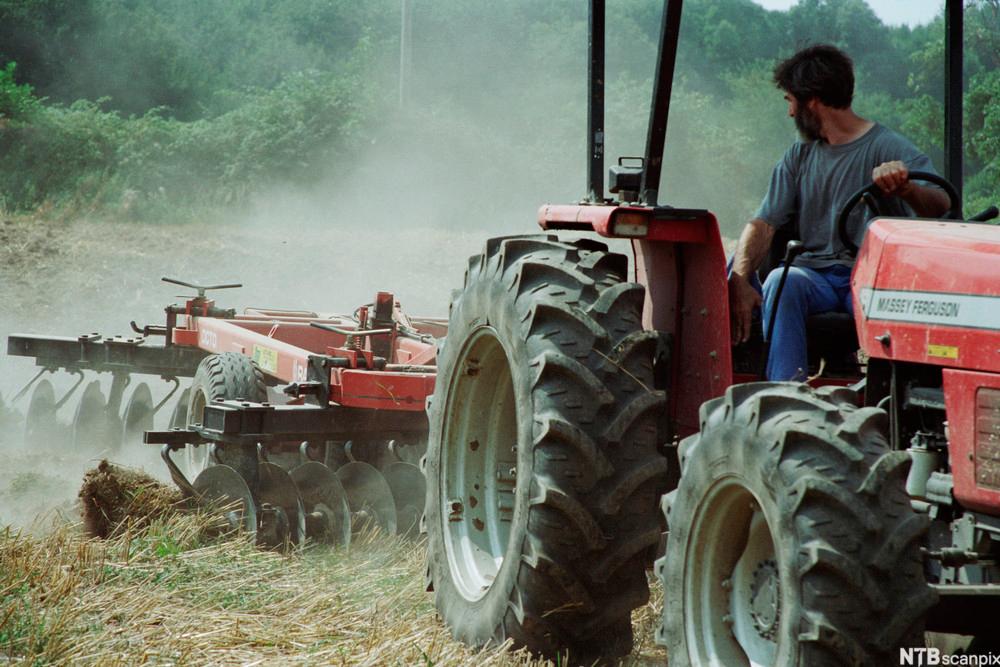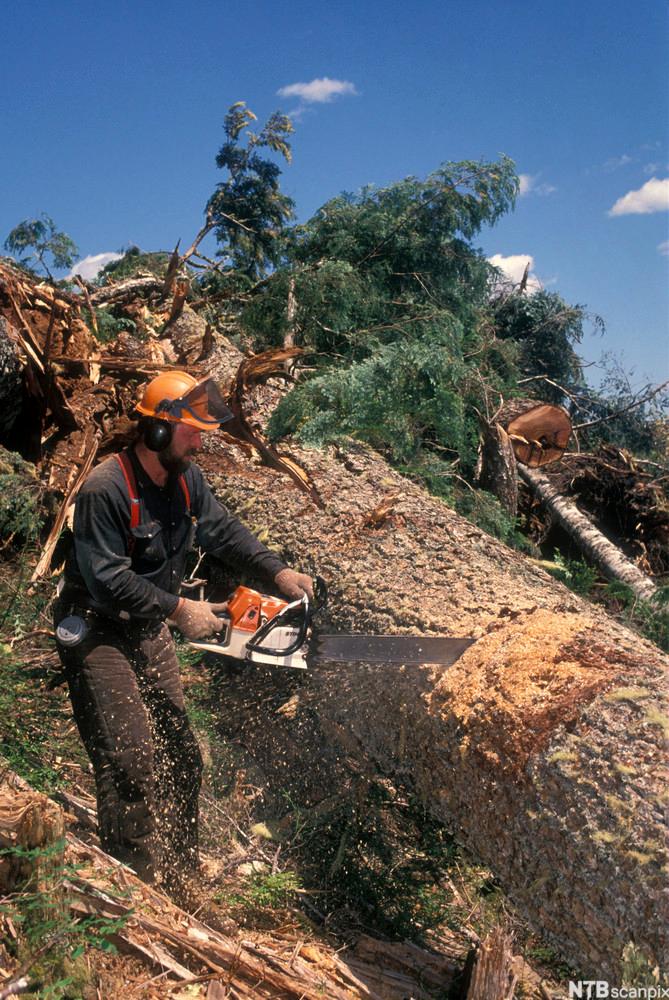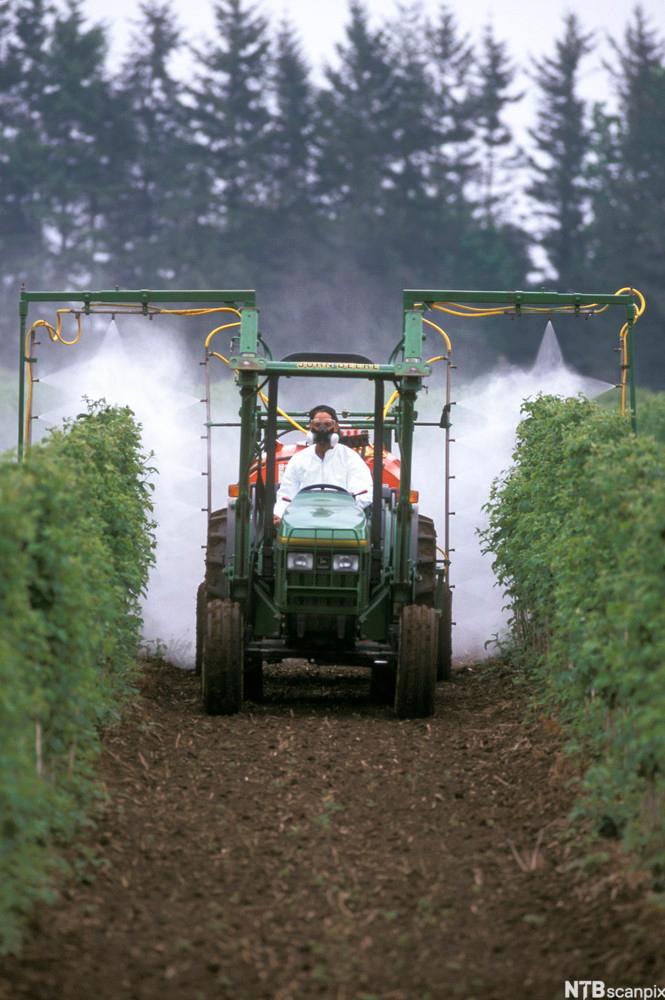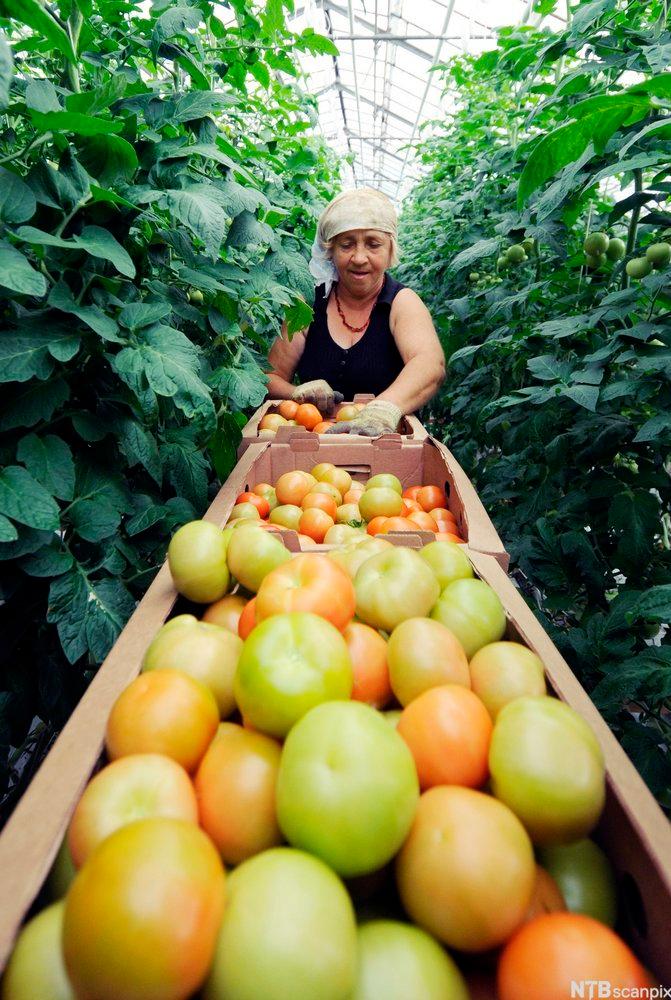Health and Safety in Agriculture


According to the Center for Disease Control and Prevention in the USA, agriculture is one of the most hazardous industries. This is also true in the UK where the industry (agriculture, horticulture, forestry and related industries) only employs1.5% of the working population, but is responsible for 15 - 20% of fatalities to workers. The greatest number of deaths occurs in association with transport - being run over or by a vehicle overturning. Workers have a high risk of both fatal and non-fatal injuries. Injuries can be caused by machinery, manual handling e.g. lifting and carrying, chemicals, dust, noise and infection passed from animals. Fatalities and injuries in forestry are associated mainly with the use of a chainsaw or being struck by a tree.
Source: UK Health and Safety Executive (21.08.20.) About health and safety in agriculture. https://www.hse.gov.uk/agriculture/hsagriculture.htm
Discuss
Why do you think there is such a high percent of worker fatalities in agriculture and related industries compared to other industries?
Find Out

Look at this website, Safety in US Agriculture, and find out about the injury statistics for youths who were involved in farm work in 2014.
- What was the total number of youths working on farms in 2014?
- What has been the average number of youth fatalities per year?
- What percent of youths working on farms are injured per year?
- Make a pie diagram showing the different causes of fatal injuries to youths based on the information available on the website.
- What was the leading cause of total deaths in farm work?

Work in groups and make a presentation about health, safety or environment in agriculture, horticulture, forestry or a related industry for the Young Farmers' Club or a similar group. It is important to remember the type of audience and fit the presentation to what they would find interesting. Use suitable visual and other aids to illustrate your presentation. Here you will find some information about making a presentation, How to Make a Mini Presentation.
Choose ONE of the areas above and ONE of the following topics:
- safety hazards and what is done to prevent accidents
- long-term health risks and how they can be avoided
- environmental problems and what is done to reduce them
Preparation - Risk Assessment
When the group has chosen the area and topic to study, e.g. safety hazards in the forestry industry, make a table with the following headings. Discuss the possible hazards and fill out the table, then use this as a basis for further research on the project.
Hazards/Risks/Problems | Who might be harmed and how | Precautions/Prevention |
|---|---|---|
|
|
Make a Glossary
Each group should make a glossary of new or difficult words needed for the presentation.
Presentation - Listening and Evaluation
When listening to the presentations, use a table like the one above and note down the points which each group has included in its presentation. Which presentation/presentations did you find most interesting? Why?
- Everyone writes down a typical hazard/risk/problem in agriculture/horticulture/forestry - each one on a separate piece of paper. The teacher should check that everyone does not write the same. Put the pile face down in the centre of the table.
- 2 teams with an equal number of students, one on either side of table.
- One person draws a paper with a hazard, reads it out and tries to describe correctly one safety precaution or way of preventing it.
- If he/she succeeds (the teacher is the referee), it is then the turn of someone from the opposite team.
- If the description is wrong or the language incorrect, the person has to move over to the opposite team and then it is the turn of someone from the opposite team to draw a paper.
- Each person has to take a turn.
- The winner is the team which gains most members.